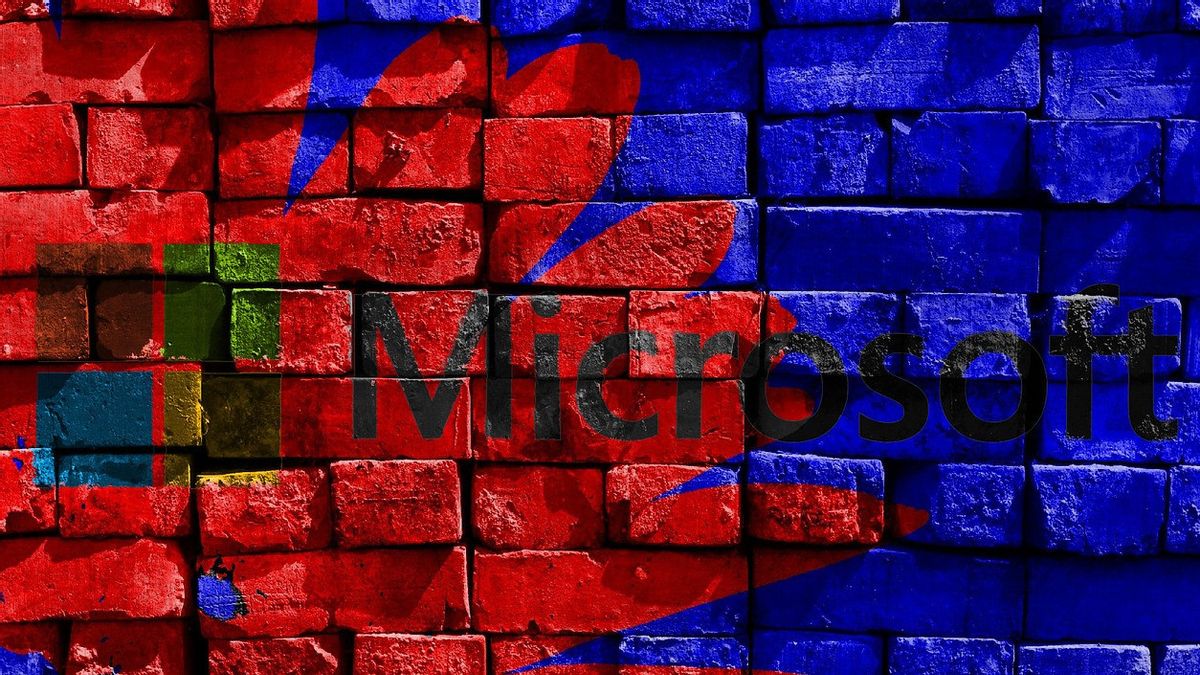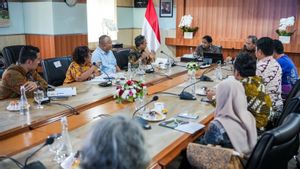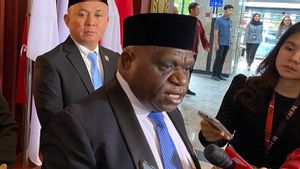JAKARTA - Microsoft announced on Friday 14 July that hackers from China had used one of its digital keys to be seized by utilizing weaknesses in the company's code to steal emails from US government agencies and other clients.
In a blog post, the company explained that hackers could use the key they got in an undisclosed state and take advantage of "validation errors in Microsoft's code" to launch their cyber campaign.
This blog post provides the most detailed explanation so far of hacking that rocked the cybersecurity industry and relations between China and the US. Beijing has denied involvement in the espionage.
On Wednesday evening, July 12, Microsoft and US officials stated that hackers connected to China had been secretly accessing email accounts around 25 organizations since May. US officials stated that at least two government agencies were included in the list, such as the State Department and the US Department of Commerce.
US Secretary of State, Antony Blinken, in a meeting with Chinese Foreign Minister Wang Yi, in Jakarta on Thursday, July 13, stated that any action targeting US governments, US companies, or American citizens "is a very worrying matter for us, and that we will take appropriate action to ensure the responsibility of the perpetrators," State Department officials said.
Microsoft's blog post did not explain how hackers got one of the company's digital keys, so some experts speculate that Microsoft itself may have been hacked before the theft.
SEE ALSO:
The company has not provided an answer to questions about the stolen digital key.
The hacking incident has questioned Microsoft's security practices, with officials and lawmakers calling for the Redmond-based company, Washington, to provide top-level digital audits, also called logging, to all of its customers for free.
Microsoft stated in a statement late Thursday that it was considering the criticism.
"We are evaluating feedback and open to other models," the company said, adding that it was "actively involved" with US officials on the matter.
The English, Chinese, Japanese, Arabic, and French versions are automatically generated by the AI. So there may still be inaccuracies in translating, please always see Indonesian as our main language. (system supported by DigitalSiber.id)














